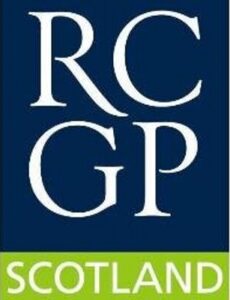 RCGP Scotland Rural Strategy Group publish ‘Being Rural: exploring sustainable solutions for remote and rural healthcare‘ policy paper.
RCGP Scotland Rural Strategy Group publish ‘Being Rural: exploring sustainable solutions for remote and rural healthcare‘ policy paper.
Executive summary
Remote and rural healthcare in Scotland has reached a crisis with problems with recruitment and retention for GP practices from Stranraer in Wigtownshire to Whalsay in the Shetland Islands. The causes of the crisis are complex and multi-factorial and have the potential to adversely impact on safe and effective patient care. When brought together, as is the case, these issues (listed below) constitute a particularly challenging environment in which to recruit and retain both GPs and other healthcare professionals to remote and rural environments.
- Connectivity (mobile phone/broadband)
- Transport
- Fragility of support services
- Workload (including the 24 hour commitment)
- Professional development
- Education and Training
- Professional and social isolation, including
- Adverse effects on family life
To effectively support remote and rural practice, RCGP Scotland is committed to working constructively with Scottish Government, health boards, NHS Education for Scotland (NES), and other stakeholders to:
- Help eradicate current inequalities in access to good primary healthcare provision in rural areas.
- Increase recruitment and retention for rural practitioners through actions at school, undergraduate, GP training and continuing postgraduate development levels.
- Promote rural general practice in Scotland as the exciting and rewarding career that it is.
- Achieve better mobile and broadband coverage throughout remote and rural areas of Scotland to better manage patient care.
Authored by:
- Dr Miles Mack, Deputy Chair (Policy) & Chair Elect, RCGP Scotland
- Dr Hal Maxwell, RCGP MLG Remote & Rural Lead, RCGP Scotland
- Dr David Hogg, GP Isle of Arran, Member, RCGP Scottish Council
- Dr John Gillies, Chair, RCGP Scotland
